Italy’s culinary heritage is a rich tapestry woven from centuries of tradition, regional diversity, and cultural influences. From ancient Roman times to the modern era, Italian cuisine has evolved, yet many dishes have stood the test of time, offering a delicious glimpse into the past. Here are ten historical Italian recipes that you can explore to experience the flavors of Italy’s storied culinary journey:
WWII Spaghetti Carbonara
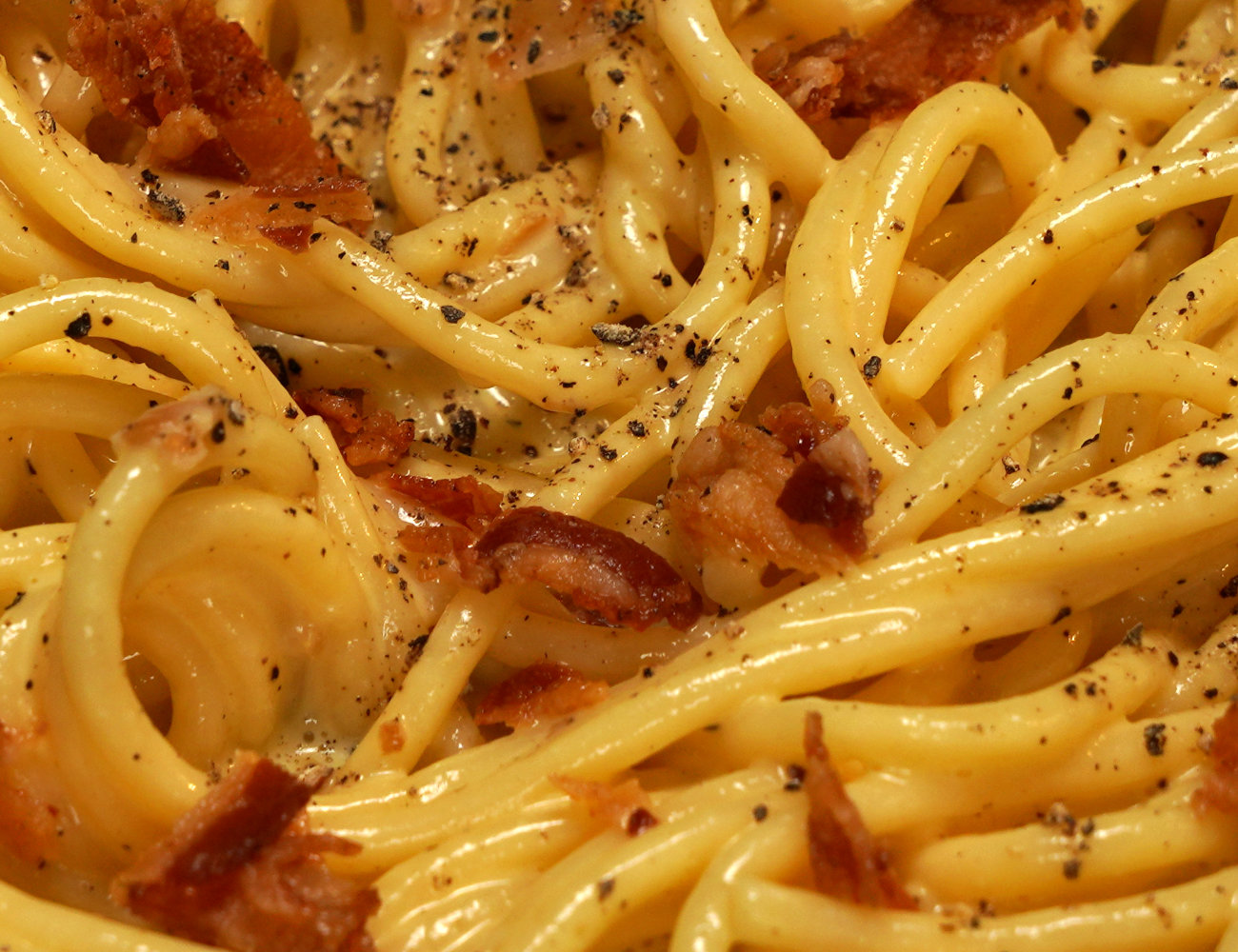
There are many theories about the origin of Italy’s most famous pasta dish, but this one is still recounted in Italy today: Carbonara was born out of necessity during World War II. After the liberation of Rome, American soldiers provided locals with surplus bacon and powdered eggs—ingredients that one Italian chef transformed into what would become a global sensation. This version of Carbonara uses cream and bacon, reflecting those original substitutions. It’s a hearty, comforting twist on the classic and one of historical recipes most speculated on in Italy!
👉 Try the WWII Spaghetti Carbonara
👉 Learn More about K Rations and History of WWII Carbonara
Trippa alla Romana
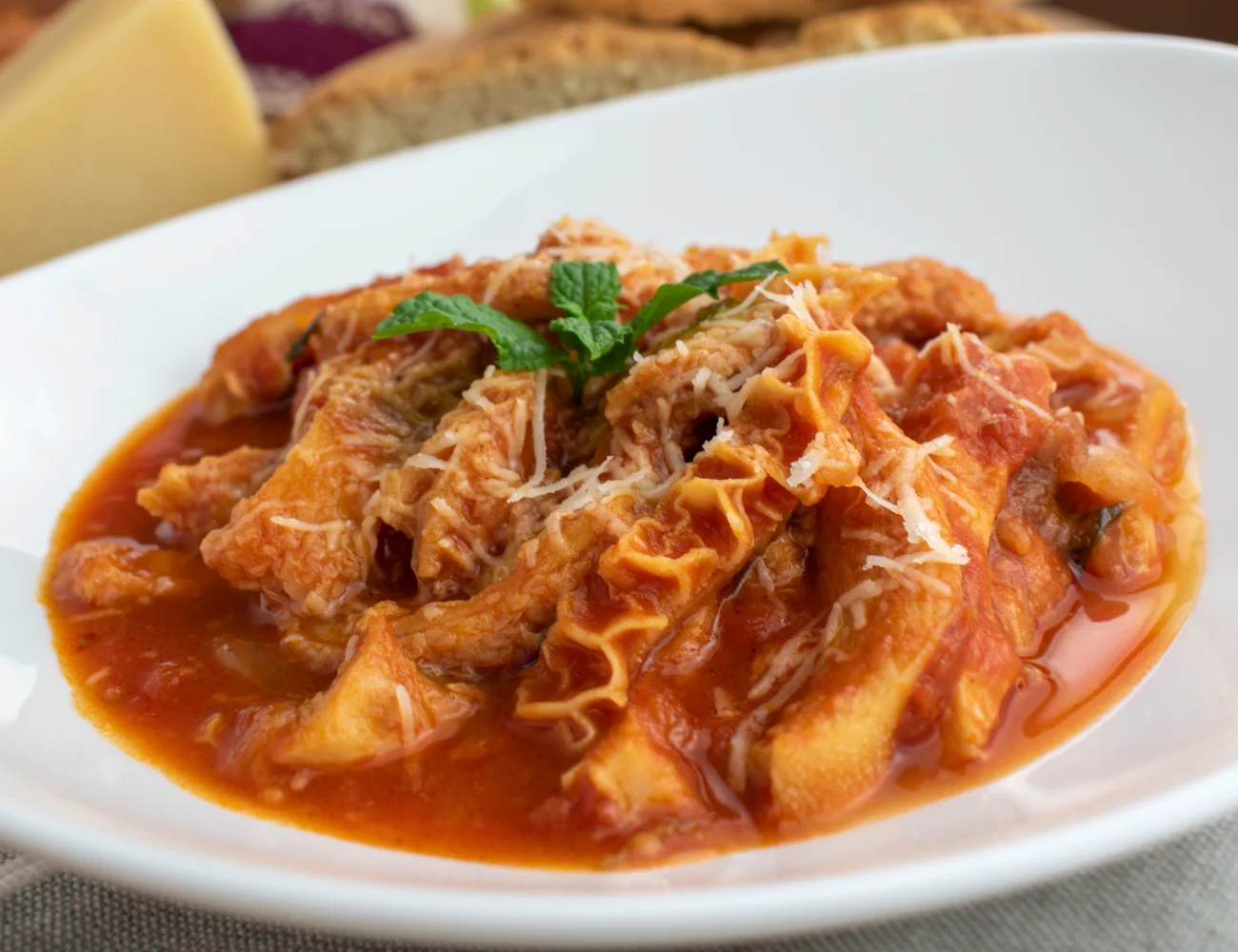
A dish as old as the city itself, Roman-style tripe is a beloved example of “cucina povera,” or peasant cuisine. In ancient and medieval Rome, offal cuts like tripe were often the only meat available to the working class. This dish simmers tripe slowly with tomato, mint, and Pecorino Romano, transforming humble ingredients into something rich and satisfying.
👉 Make Trippa alla Romana
Spaghetti alla Puttanesca (Prostitutes’ Pasta)
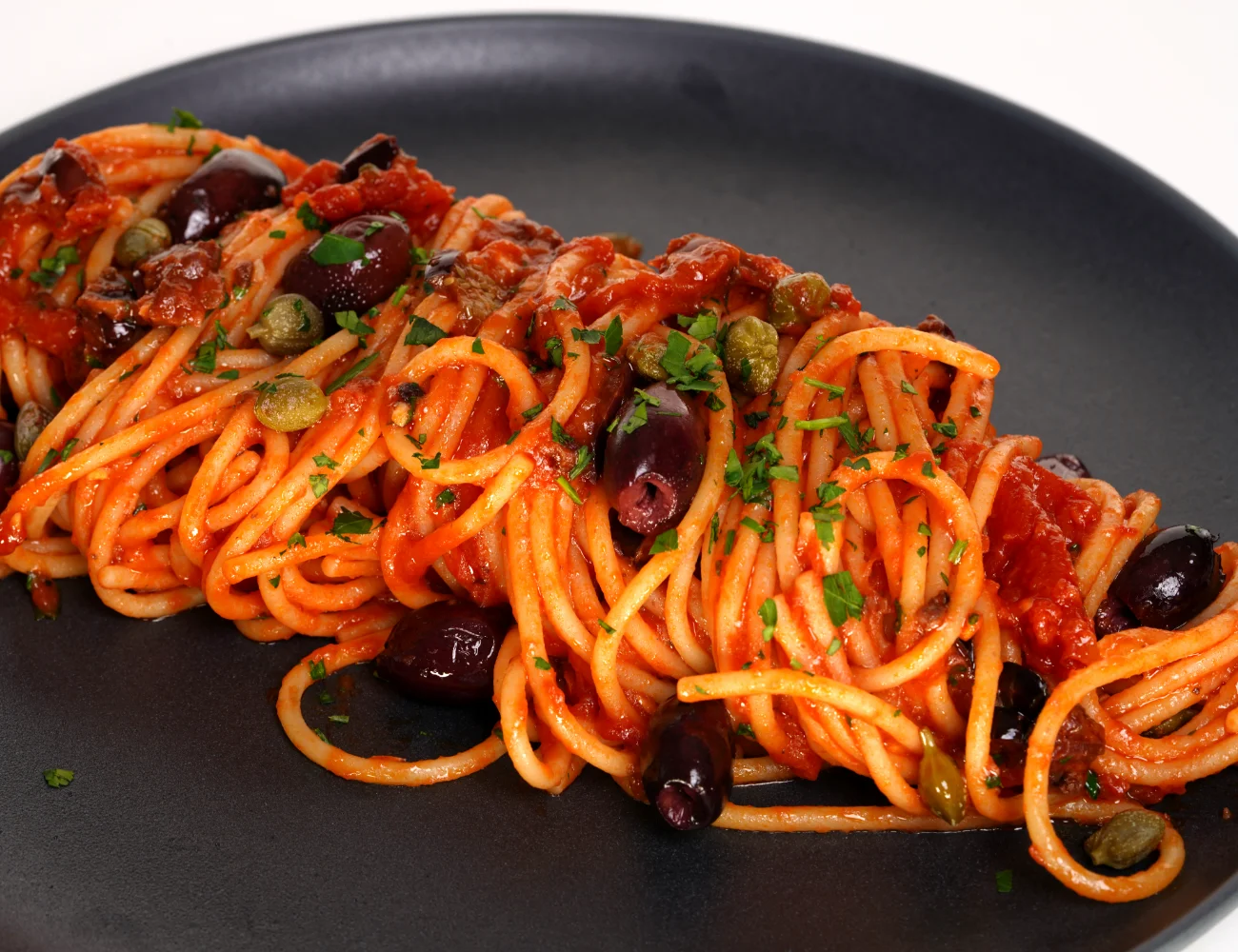
This fiery and flavorful pasta from Naples first appeared in cookbooks around the mid-20th century, but many believe it was made long before then by resourceful home cooks. Made with pantry staples like tomatoes, olives, capers, anchovies, and chili flakes, its name—literally “in the style of the prostitutes”—reflects its boldness and speed. The dish may have been popular among women who needed to prepare something quick between clients, or simply a cheeky Neapolitan joke. Check out the comment section where some fans have shared their theories!
👉 Cook Spaghetti alla Puttanesca
Spaghetti alle Vongole (Clam Sauce)
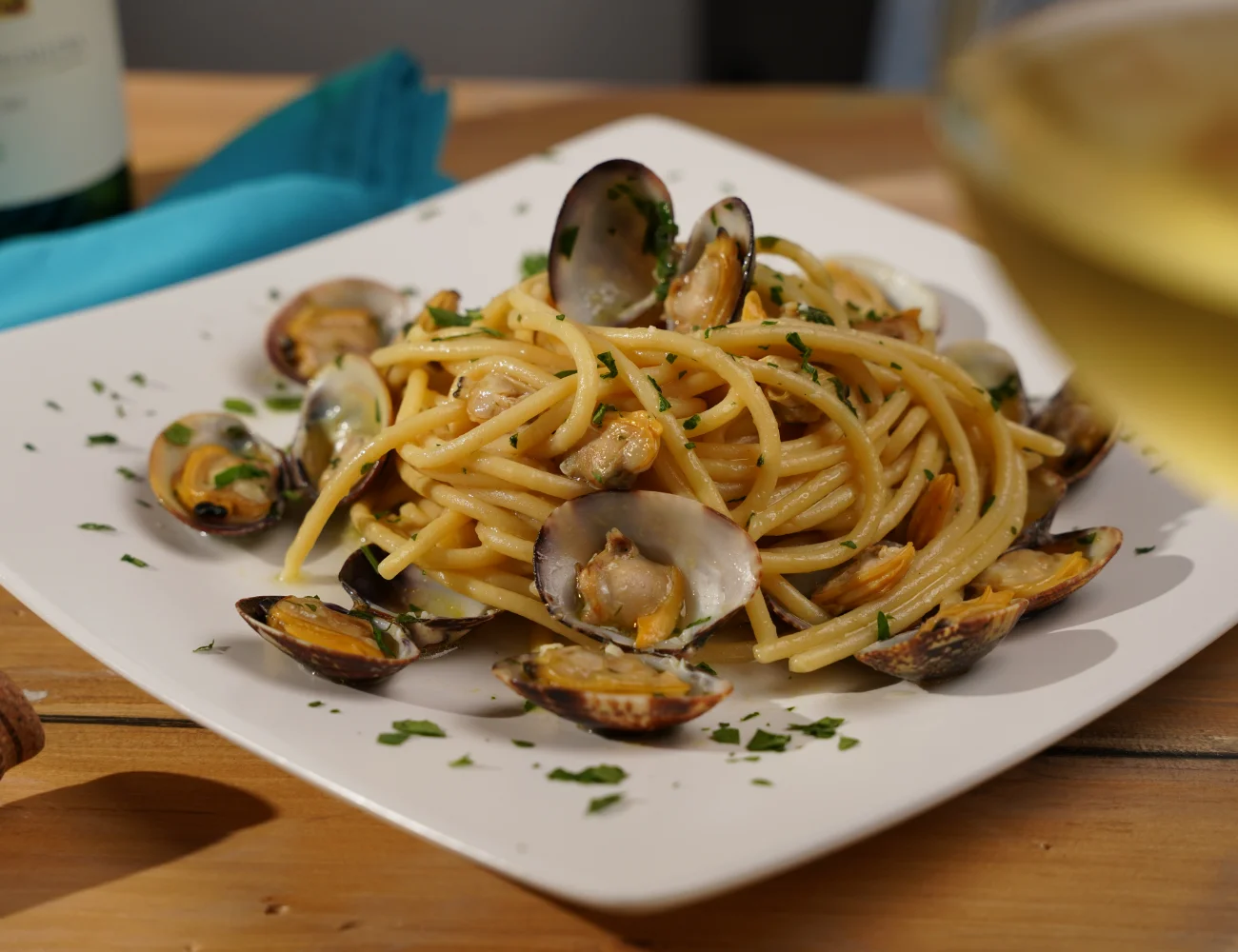
This coastal classic hails from southern Italy and showcases the country’s love of seafood. Though it became internationally famous in the 20th century, dishes combining pasta and clams go back centuries in Naples and Campania. Spaghetti alle Vongole uses fresh clams, garlic, white wine, and olive oil to highlight clean, simple flavors. It’s often served during La Vigilia (Christmas Eve) when Italians traditionally avoid meat.
👉 Prepare Spaghetti alle Vongole
Panforte Margherita
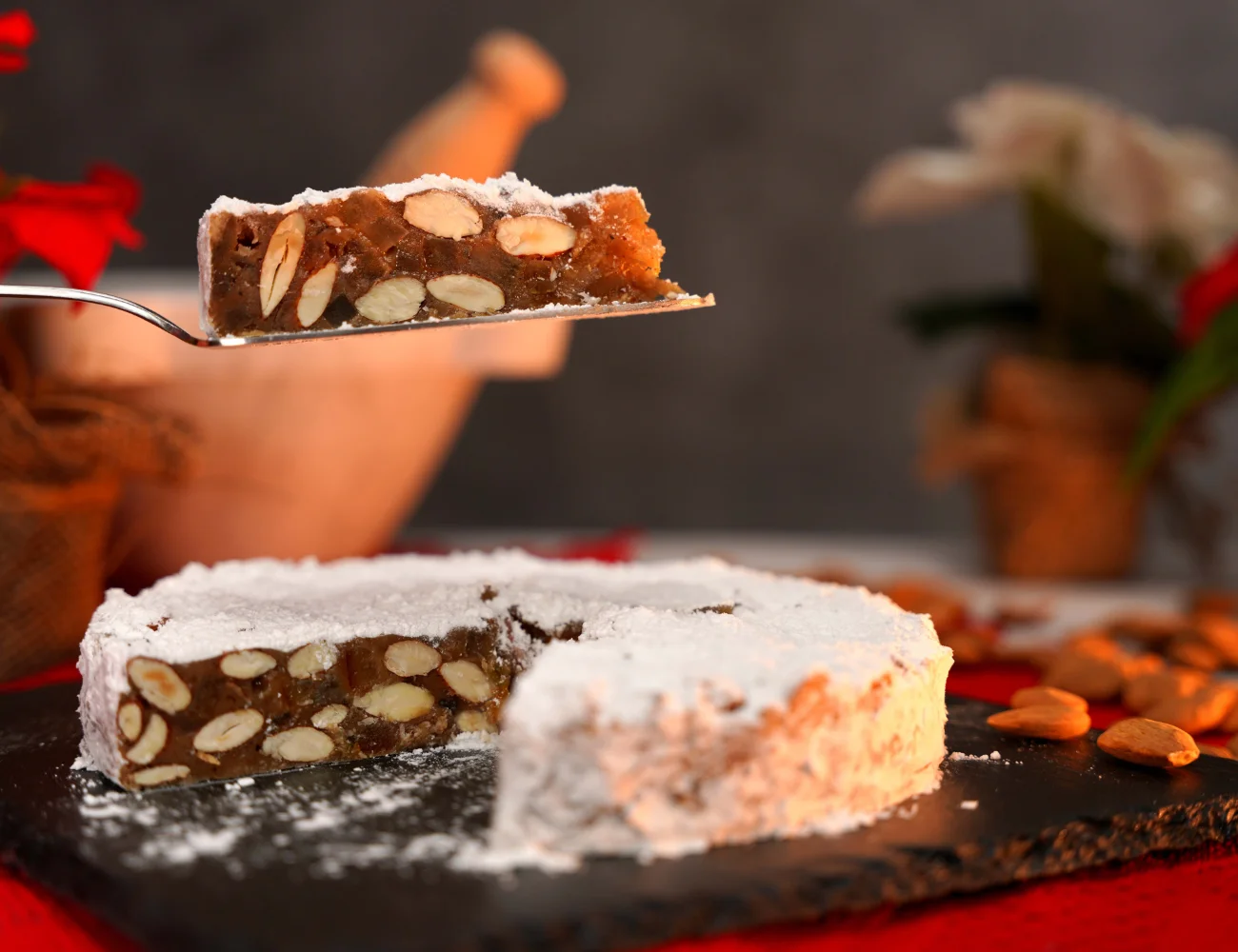
Panforte is a dense, sweet cake that originated in Siena during the Middle Ages. A cross between fruitcake and energy bar, it was ideal for travelers and crusaders. The Margherita version was refined in the 19th century to honor Queen Margherita, lightening the spice blend and making it more delicate. Packed with nuts, dried fruit, honey, and spices, this dessert remains a Tuscan holiday staple.
Fettuccine Alfredo: Historical Recipe
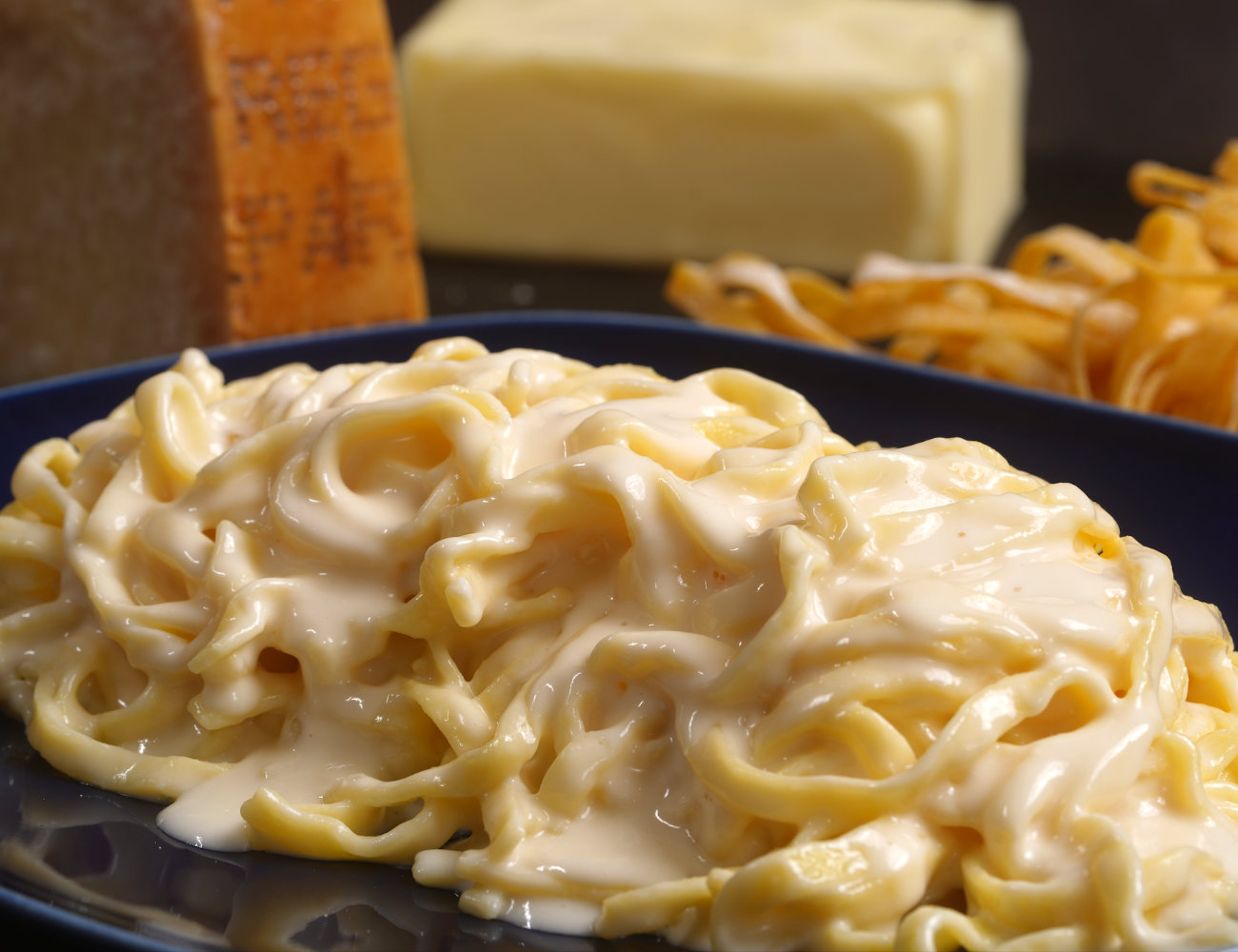
While the Americanized version is often heavy with cream, the original Fettuccine Alfredo—created in Rome in the early 20th century—was made simply with butter and Parmigiano Reggiano. Restaurateur Alfredo di Lelio reportedly created it to help his wife recover her appetite after childbirth. The creamy texture comes from emulsifying pasta water with the cheese and butter—no cream needed!
Interestingly, Romans joke that this is the pasta a wife makes when she’s having an affair—because it’s quick, easy, and requires no attention. The creamy texture comes from emulsifying pasta water with the cheese and butter—no cream needed!
👉 Try Traditional Fettuccine Alfredo
Papalina Pasta
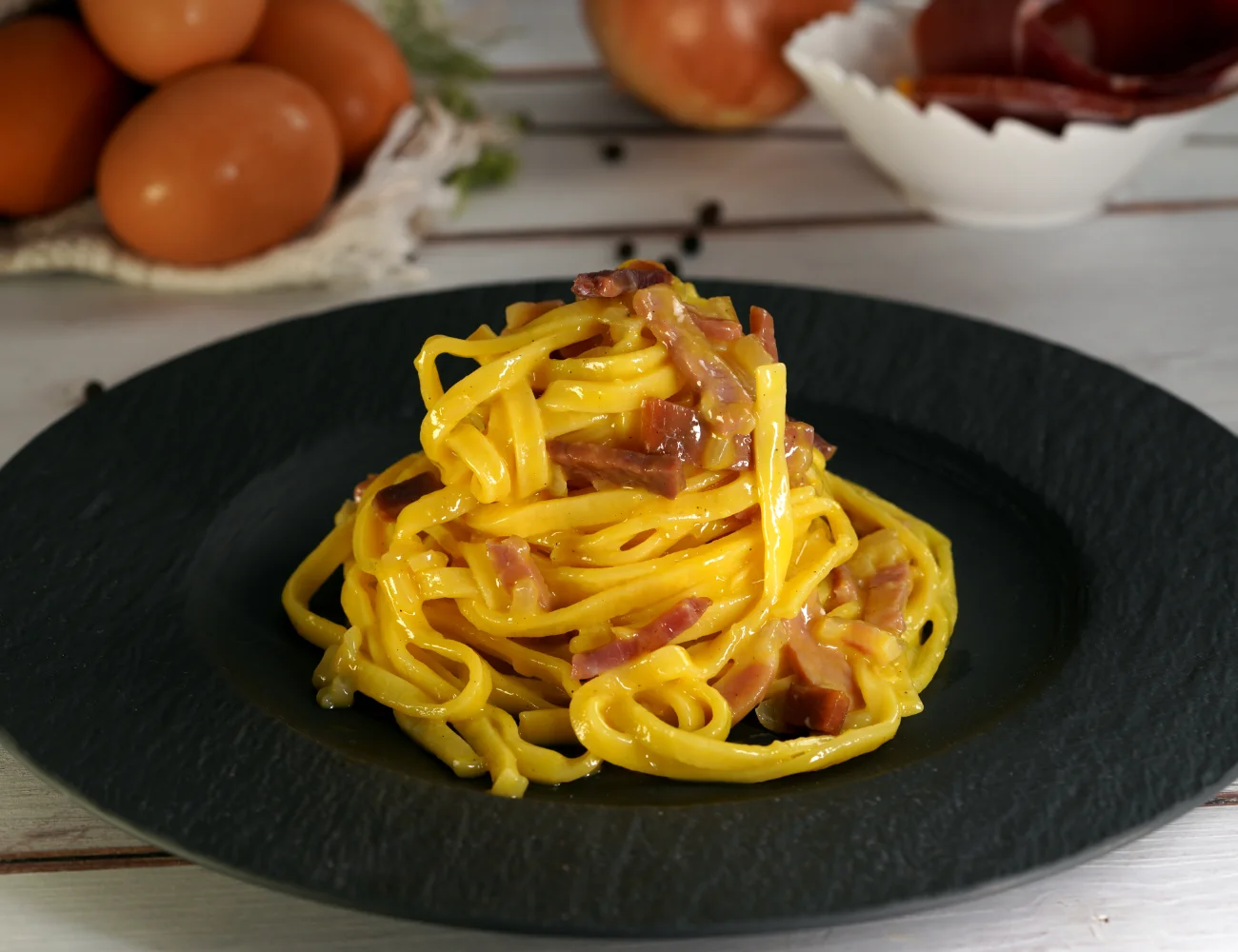
Allegedly invented in the Vatican kitchens for Pope Pius XII, Papalina is a noble variation of Carbonara. Instead of guanciale, it uses prosciutto; and instead of Pecorino, Parmigiano. Onion is gently cooked to add sweetness. Elegant and refined, it represents Rome’s tradition of elevating simple pasta dishes for special occasions. Whether or not you like this Pope (he’s rather controversial), it’s one of the tastiest historical recipes to try from the Vatican!
Pasta Aglio e Olio (aka: When the Clams Have Escaped!)
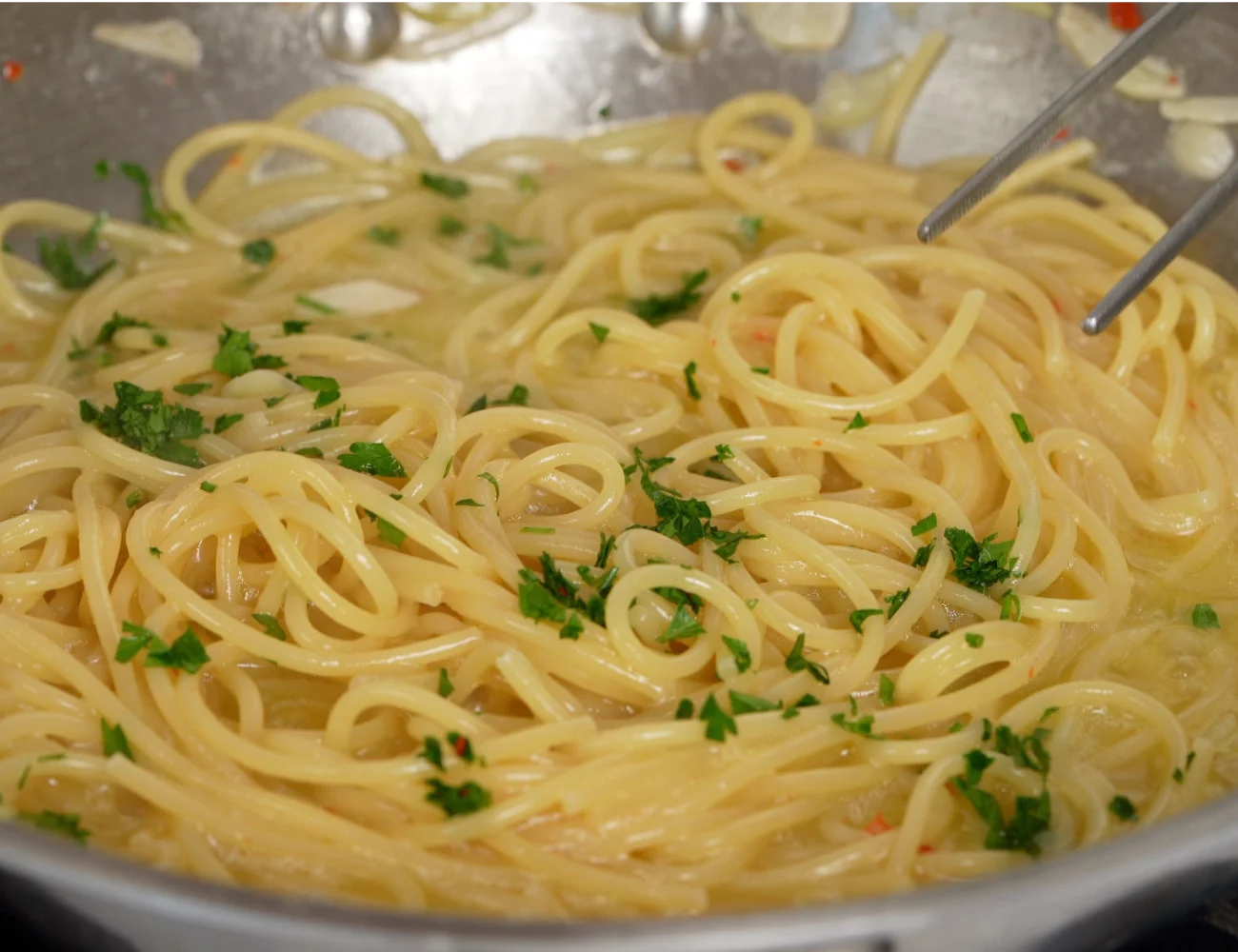
Featured in Pasta Affair: 50 Authentic Italian Recipes from Italy, this dish originated in Naples, where it is said to be a poor man’s version of the ever popular Spaghetti with Clam Sauce. In Neapolitan dialect, this pasta recipe is often referred to as ‘Vermicelli con le Vongole Fujute’! This literally means ‘pasta in which the clams escaped’ —an apt description. Made with just garlic, olive oil, and pasta water, this dish is a staple of Neapolitan kitchens and historically represents a meal made when there was little left in the pantry—perhaps even after clams had been served the day before.
Rosemary Chicken—Even Caesar Might Have Enjoyed This One!
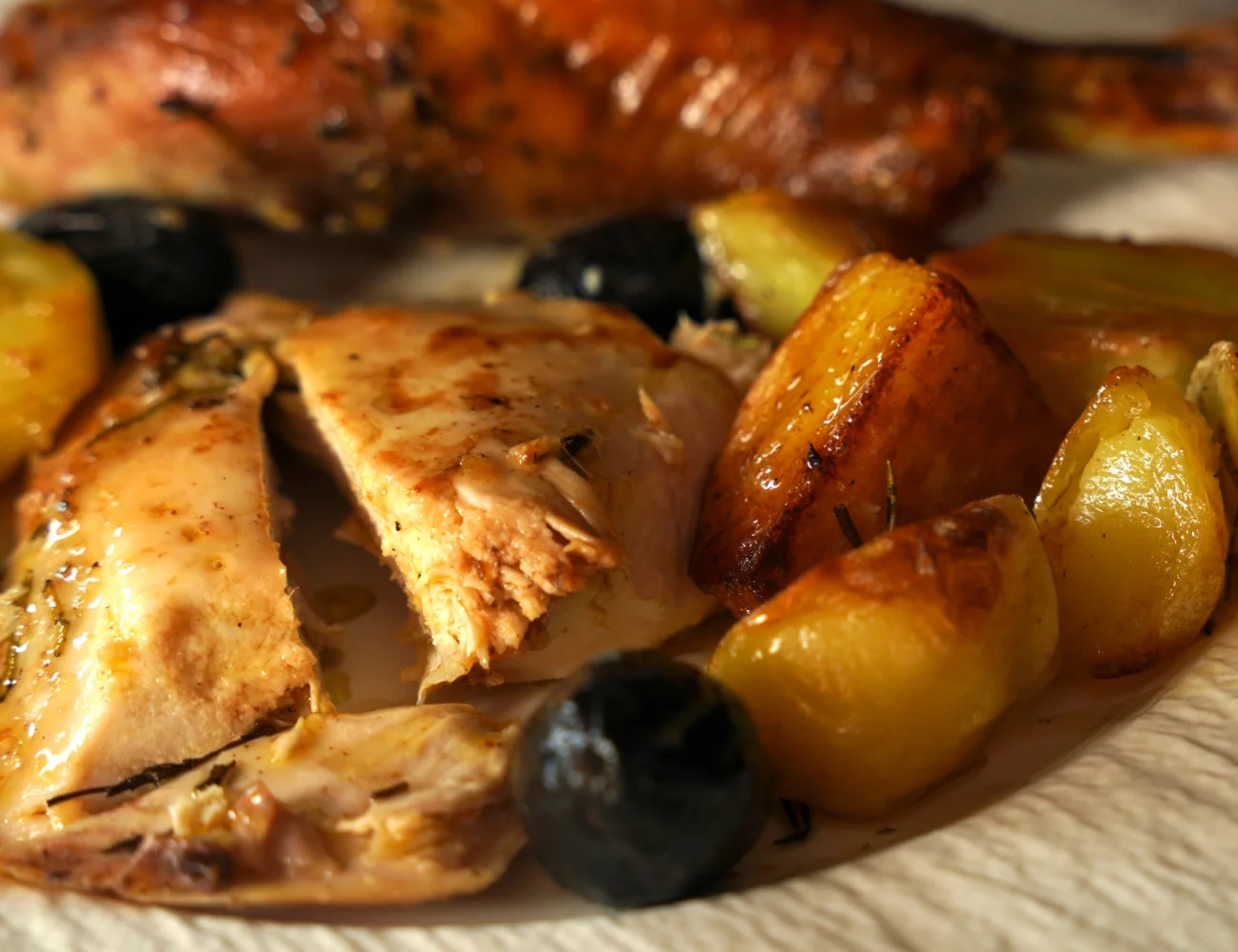
Chicken and the seasonings in this recipe were all available and in use in ancient Rome! Potatoes however, were not available in Rome at this time.
👉 Learn how to Make Italian Roasted Chicken with Ancient Roman Flavors
Pasta alla Carrettiera
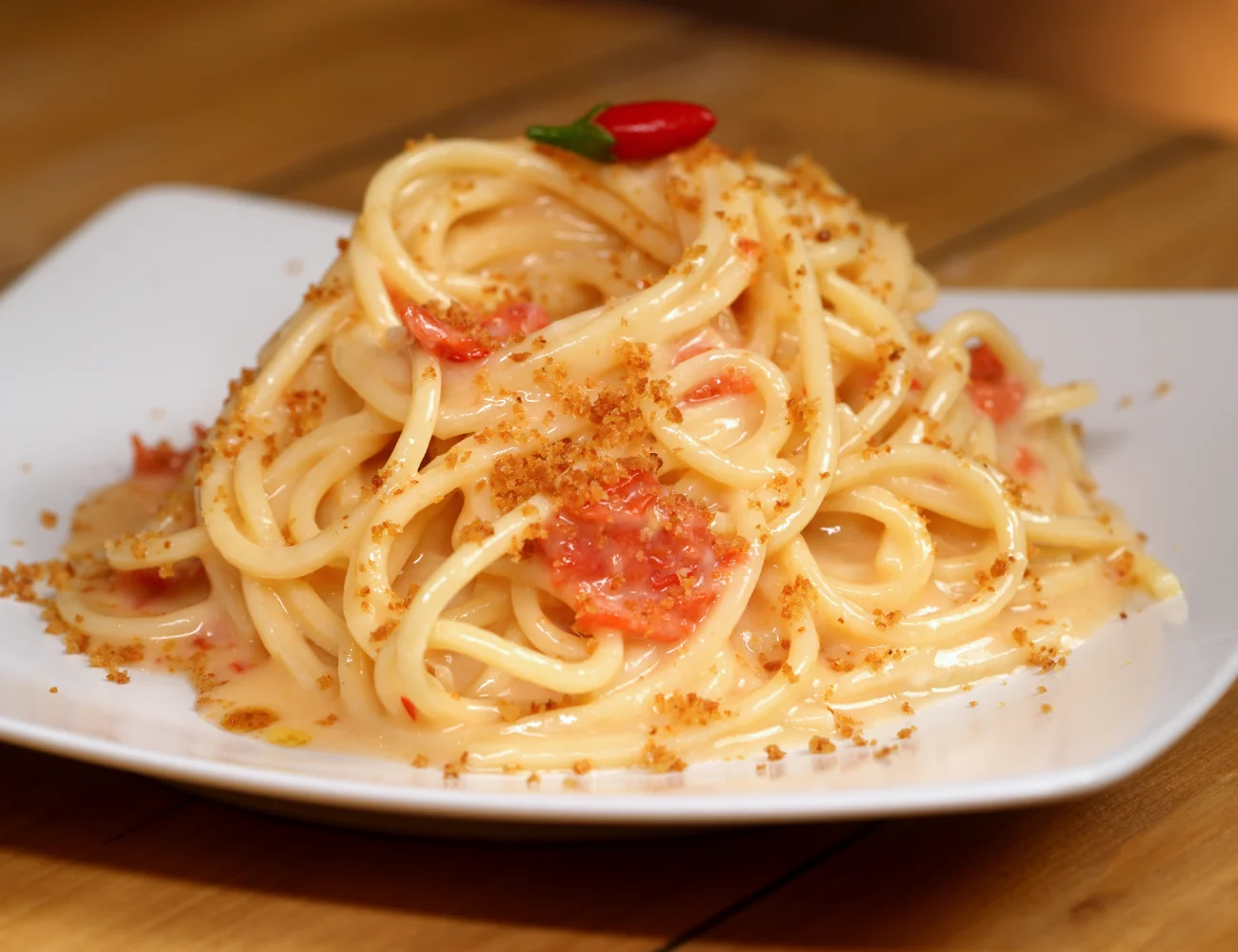
Named after the “carters” or wagon drivers who once transported goods across Sicily, this rustic pasta was designed to be durable, flavorful, and easy to prepare without refrigeration. Traditionally made with garlic, chili, parsley, olive oil, and sometimes breadcrumbs or pecorino, it’s a classic example of cucina povera—simple ingredients, bold flavor. It reflects the creativity and practicality of working-class Sicilians.

